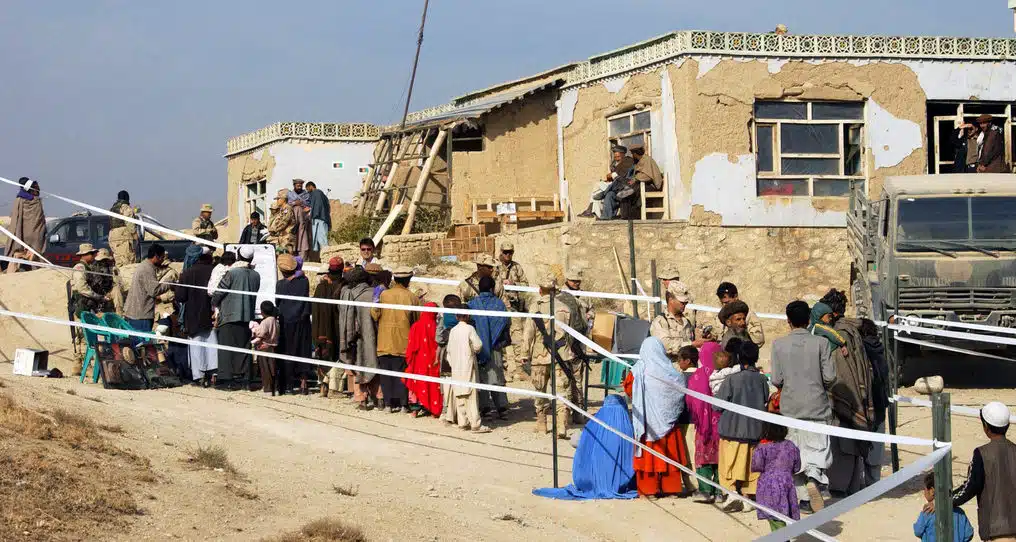A messaging guide: how to talk to the media about Afghanistan
Posted by Siva Thangarajah on September 3, 2021The last few weeks have caught all of us by surprise – not least the government. But as the first Afghan refugees evacuated from Kabul arrive in the UK, the debate over the asylum system has been reignited.
With so much information, not to mention the distressing circumstances we are learning about, it can be hard to find the words to communicate what is going on. However, communication is essential. The average person doesn’t spend night and day thinking about refugees, but they are right now. With journalists queuing up to ask about Afghan refugees, this is a key opportunity to explain the wider context of the UK asylum system, especially with the Borders and Nationality Bill due in Parliament in the next few weeks.
Everyone has their own views and experiences to draw on, but here are some points IMIX is making in our communications with journalists.

Resettling refugees
The government’s plan to take 20,000 Afghan refugees is welcome, but the scenes in Kabul Airport show that not everyone has a choice over the route they take to safety. The Borders and Nationality Bill will discriminate against anyone who comes via irregular routes, even those with compelling reasons to be in the UK. It needs to be amended in light of the situation in Afghanistan.
While resettlement is a great way to support refugees, the government’s commitment is over five years and doesn’t go far enough. The events of the last few weeks show we need to move fast to be effective. That means helping more than 5,000 refugees this year if that’s what it takes to keep vulnerable Afghans safe.
Accommodation
We do have enough space to take Afghan refugees. The last few weeks have shown the generous spirit of the British public, and the desire to make people seeking sanctuary feel welcome. The problem is that the design of our asylum system is flawed – it leaves refugees isolated and unable to work, with no chance of meeting local residents. We need the government to apply the same can-do attitude it applied to the vaccination programme, and work with local authorities to come up with a better system.
The Borders and Nationality Bill
The Borders and Nationality Bill is an anti-refugee bill that would see Afghans fleeing the Taliban turned away, purely because of the route they were forced to take to escape. It would isolate refugees further and leave them living in limbo for years instead of allowing them to start working and rebuilding their lives.
Requests to speak to people with lived experience
Many of you will already have had requests from journalists to speak to Afghan refugees directly. This is because for the average reader or listener, hearing from someone who has experienced a situation first-hand is incredibly powerful and makes them identify more closely with the challenges they are going through.
Understandably, for some, the first reaction will be a desire to protect anyone you’re working with. However, it is clear from the media coverage over the past few weeks that some former Afghan refugees feel very strongly that it is important to get their message out. Ultimately, it’s down to the individual whether they want to talk to the press, or have nothing to do with it at all.
You can support anyone who is interested in telling their story by running through safeguarding questions with them and helping communicate that to a journalist. If you don’t have your own safeguarding checklist, you are welcome to use IMIX’s one here.



